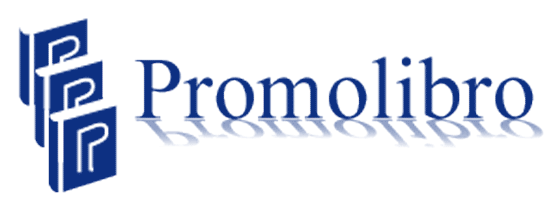Detalles
Students bring different skills and knowledge to the language classroom, but one of the most important resources they possess their own first language is often underused or even ignored. The use of the mother tongue in the foreign language classroom has often been officially discouraged. In the past it was felt that students were not learning the target language if they were speaking their own. But the process of observing the target language and learning how it works can be dramatically enhanced if students mother tongue is used in the right way.Using the Mother Tongue makes the case for the appropriate use of students own language to improve the efficiency, speed and enjoyment of their learning. Nota: el contenido de este libro se encuentra en inglés.Nota: el contenido de este libro se encuentra en inglés.
Información adicional
| Distribuidor | Promolibro |
|---|---|
| Casa editorial | Apóstrofe |
| Año de Edición | 2002 |
| Número de Páginas | 96 |
| Idioma(s) | Español |
| Alto y ancho | 21 x 25.5 |
| Peso | 0.3100 |
| Tipo Producto | libro |
Varios Autores
información no disponible.
Personal Prefaces
Prologue
Introduction
Part A
Classroom Management
Section 1
Advocating and Avoiding Mother Tongue
My Language, the Other Language
My Mother Tongue / English Process
Mother Tongue Scribe
Mother Tongue Alarm Bells
Section 2
Starting New Groups
Name groups
Miming Introductions
Things in Common
Guess What I did in the Holidays
Class Survey
How I Like to Learn
Negotiating Ground Rules
Section 3
Getting On-going feedback
Head Sentences
Things I Find Difficult
Circle Your Words
What Do You Want to Say?
Student-generated Dictation
Part B
Living Language
Section 1
Grammar
Bilingual Sentence Building
Contrastive Drill
Contrasting Tenses or Structures
Contrastive Grammar Recognition
Students Help Each Other
Correction Exercise
Loud and Soft
Student-student Tests
Student-generated Multiple Choice
Grammar Translation Multiple Choice
Grammar Exploration via Translation
Grammar Translation Dictation
Two Language Dictogloss
If I Could Speak English
Section 2
Vocabulary
From 1 to 20
From 10,000 to 50,000
It's on the Tip of My Tongue
Before Napoleon
What's the Verb?
Guess My Word
Contrasting Collocations
Collocational Networks
The World of 'Give'
New Words Galore
One Word, Many Meanings
Using a Mother Tongue Spell Check
You Scratch My Back
Group Vocabulary Revision
Mouthing
Cram as Much In as You Can
Chanting Vocabulary
Lexical Memory Aid
True Multiple Choice
Listening Out for Two Languages
Working with Loan Words
Two-Language Dictation
Bilingual Word Association
Section 3
Skills-Input
Cooperative Reading Comprehension
Student Dictates Story to Teacher
What Do You Mean?
Teacher less Task
Start in Mother Tongue and Finish in English
Bilingual Pre-teaching of Vocabulary
Listen and Find
Home-grown Reading Comprehension
Guess the Answers
A Matter of Preference
Deal with My Post
From Internal Text to English
Mixed Language Story-telling
Words from a Story
Two-Language Chinese Whispers
Understand the Question from the Answer
Section 4
Skills—Output
A First Go at Writing
Translating What You Wrote Me
Code-switching in Writing
Family History
Key Word Dialogues
You Do the Bits I Can't Do
How Do Parents Sound in English?
Seen from Many Sides
Bilingual Letters Round the Class
Letter Beginnings and Endings
Minimal Dialogues
Making Fun of English Sounds
Mixed-ability Discussions
Three-phase Discussions
Respectful Dialogues
Student-generated Mutual Dictation
How I’m feeling
Party People
Telling Jokes
Commercials
The Go-between
Mumbling Stories
Section 5
Using translation
Shadowing
When Fingers Speak
Code-switching
Excuses in Two Languages
Bilingual Chorused Interviews
Chant into Chant
Pass the Buck Translation
Inner Translation
Speed Translation
Screwy Translations
Translating Literally
Word for Word into English
Semantic Flip Flop
Delayed Translation
Read Silently in English and Aloud in Mother Tongue
Look, No Text!
Putting a British Advert into Mother Tongue
Students Choose Songs/ Poems to Translate
From Paraphrase to Translation
Author to Translator
Preparing to Translate an Author
Letters or E-mails from Home
Picture Note-taking in Interpreting
Whispering Dictation
Epilogue
Appendix
Professional Perspectives Series Information
Reseñas
Escribir Tu Propia Revisión
Sólo usuarios registrados pueden escribir sus opiniones. Conéctese o regístrese


